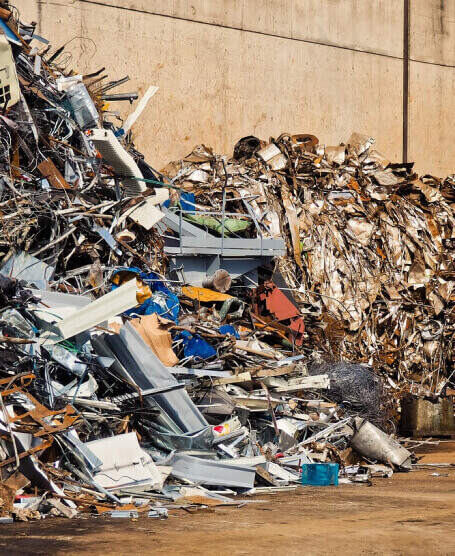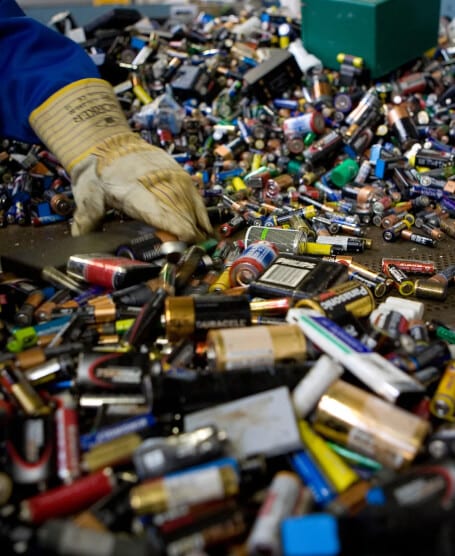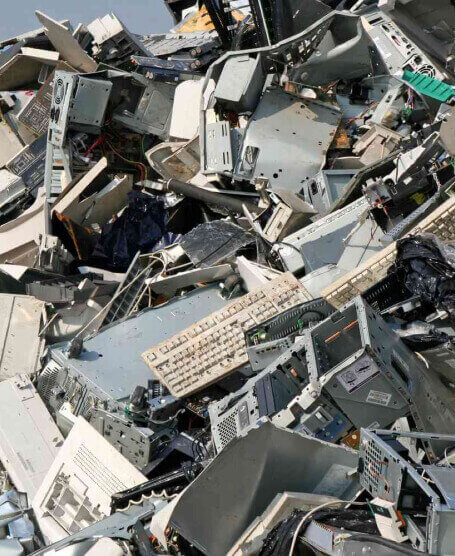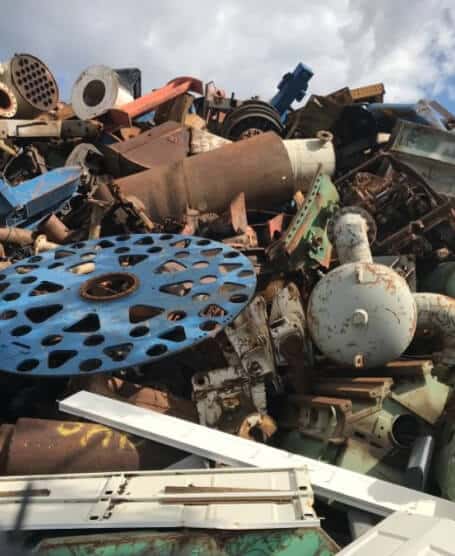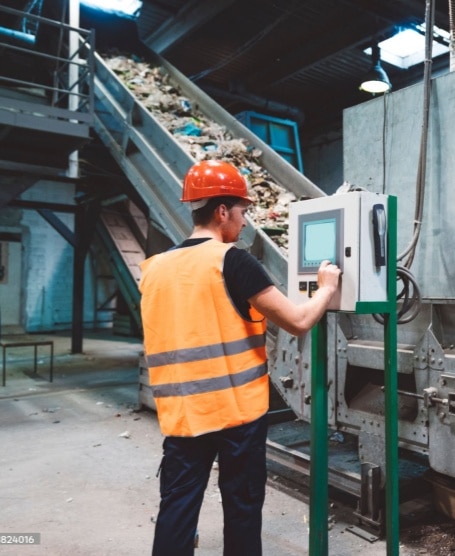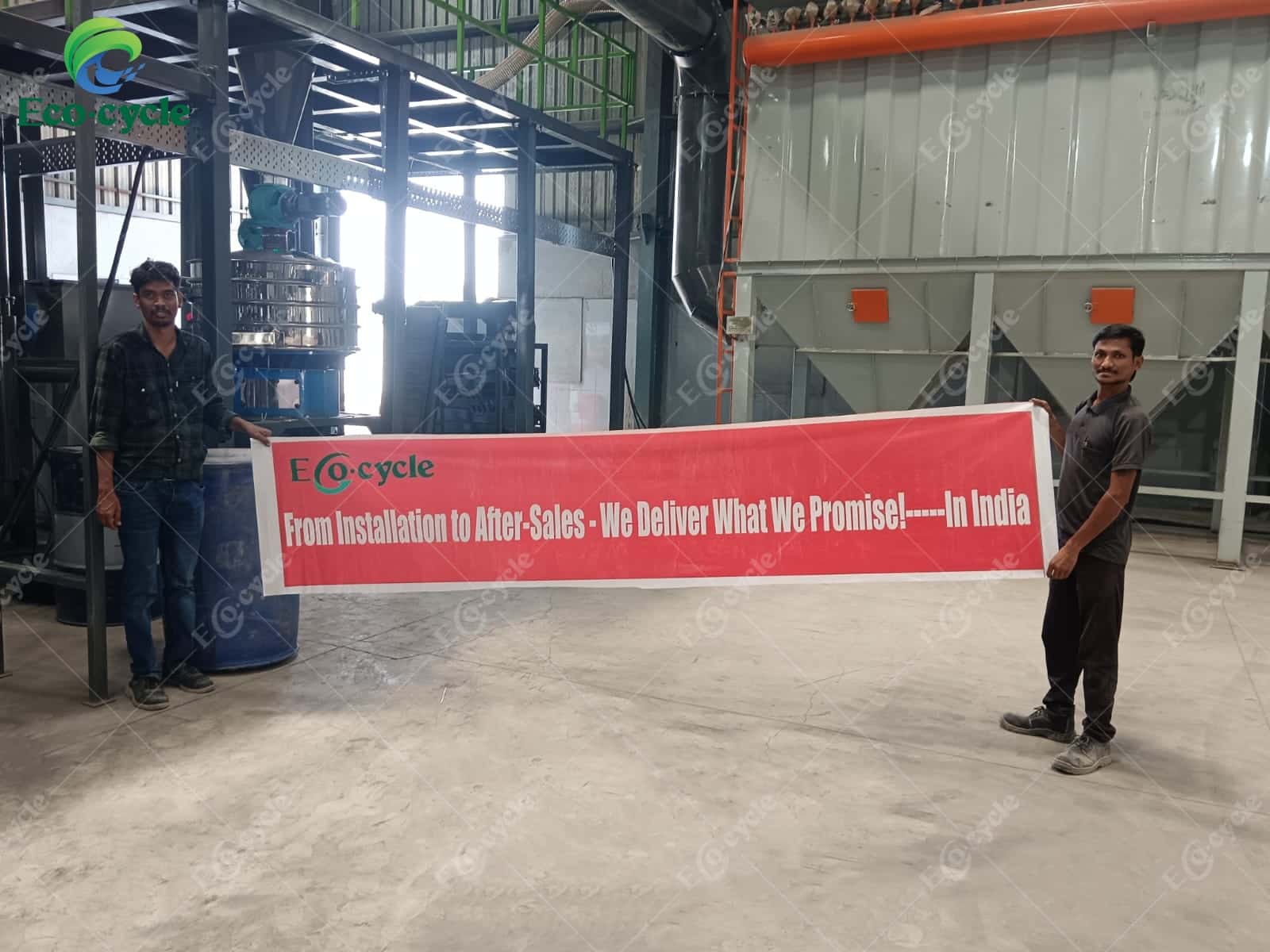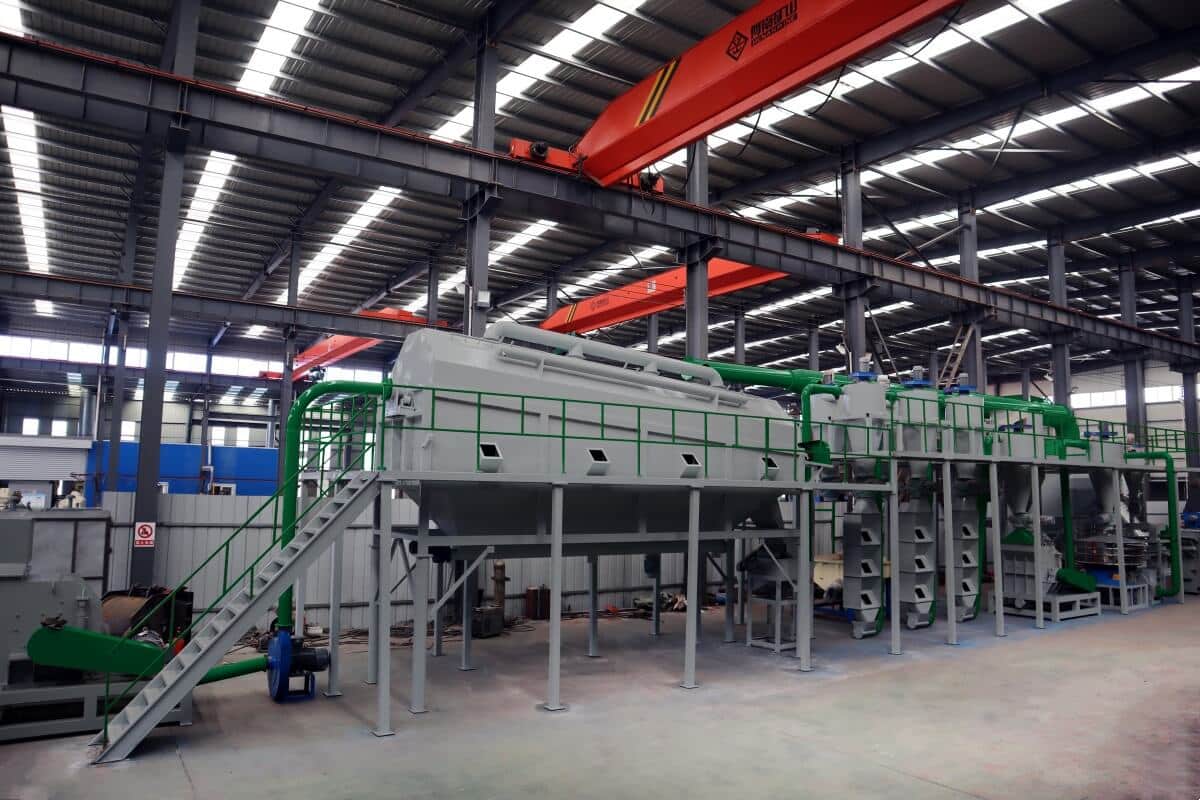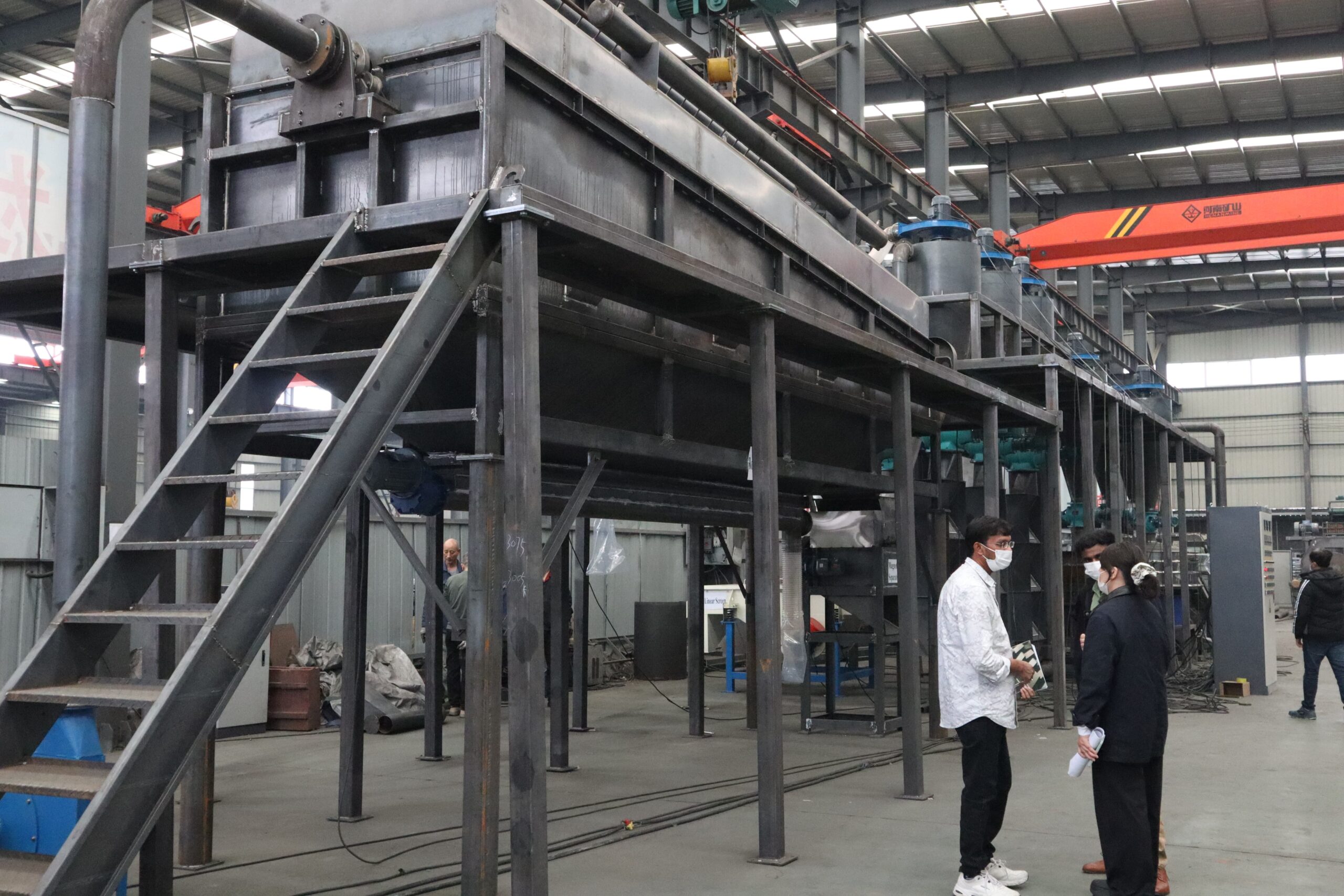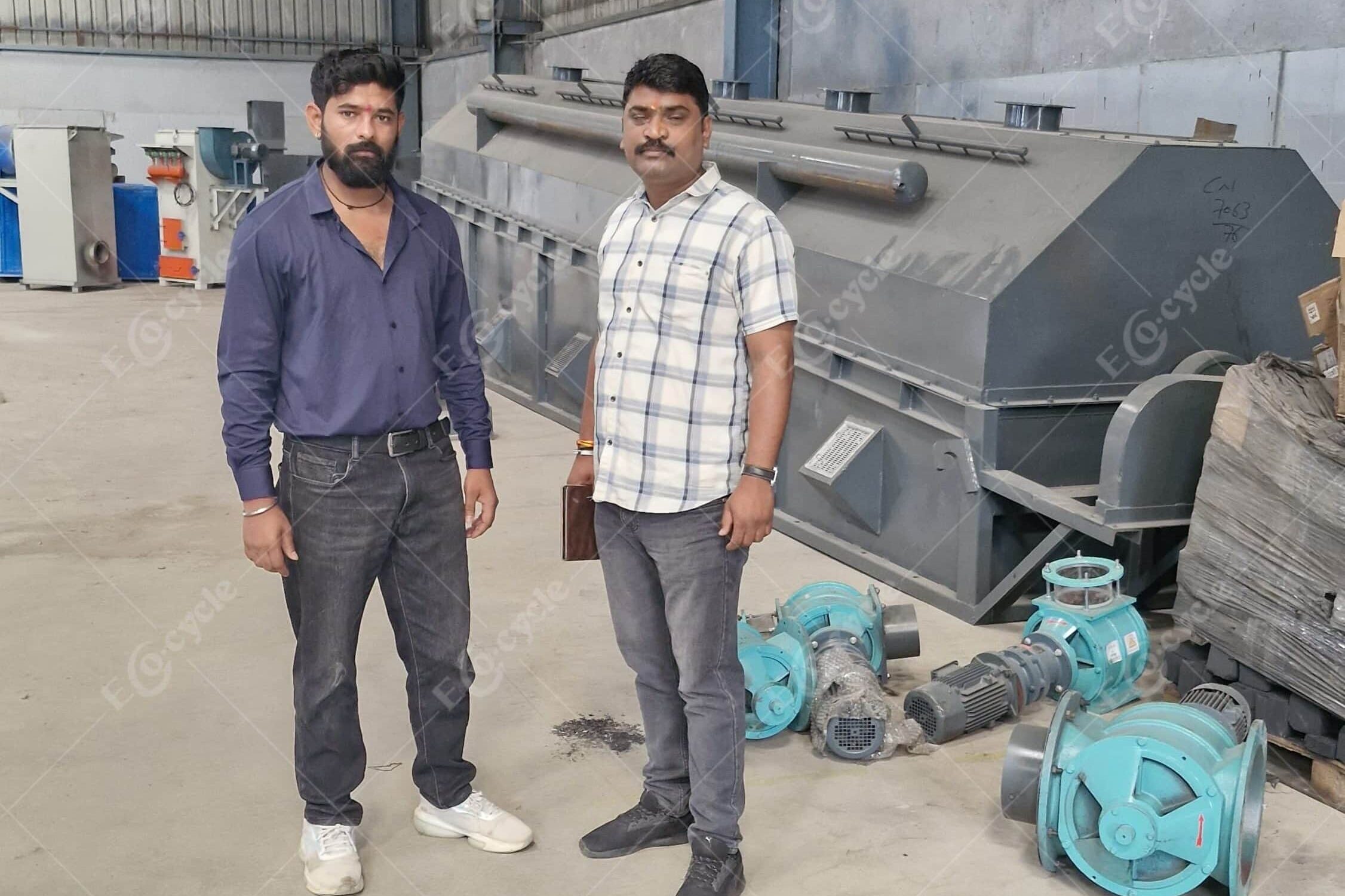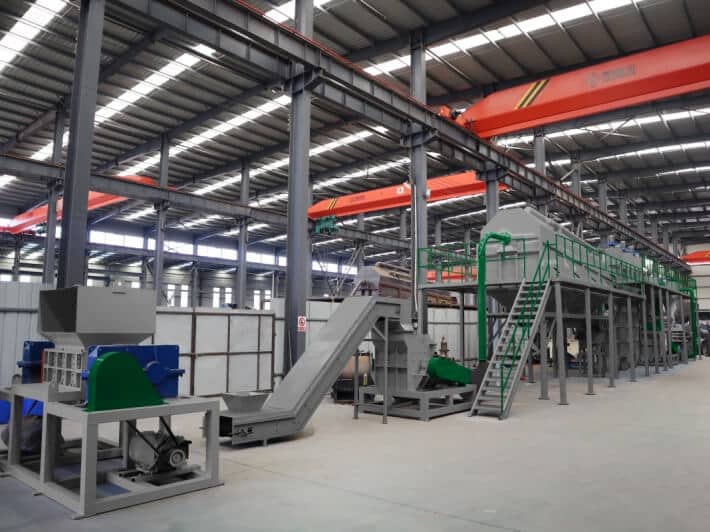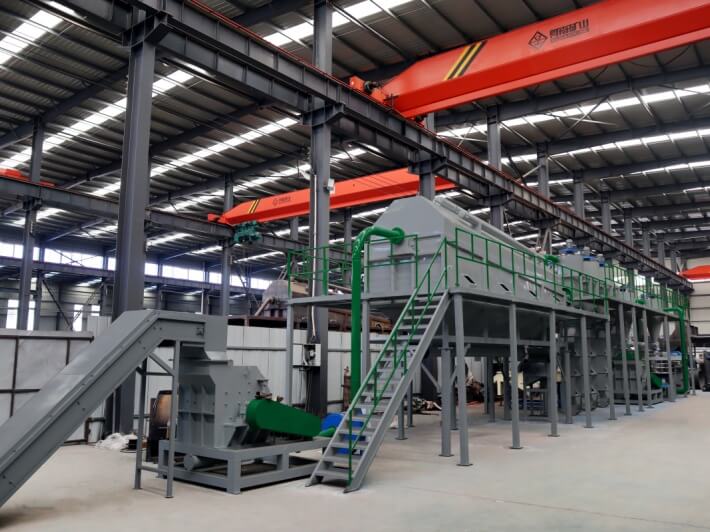Lithium battery recycling
With the rapid development of the global new energy industry, the application of lithium batteries continues to expand, and its recycling and resource utilization has become a key link in the green economy. How to make these waste batteries ‘waste into treasure’, to achieve efficient recycling of resources, is the current problem that needs to be solved.Ecocycle Machinery lithium battery recycling manufacturing plant whole industry chain services, covering the whole process from project negotiation, technical programme design to equipment installation and commissioning. Help enterprises to achieve a win-win situation of environmental protection and economic benefits.
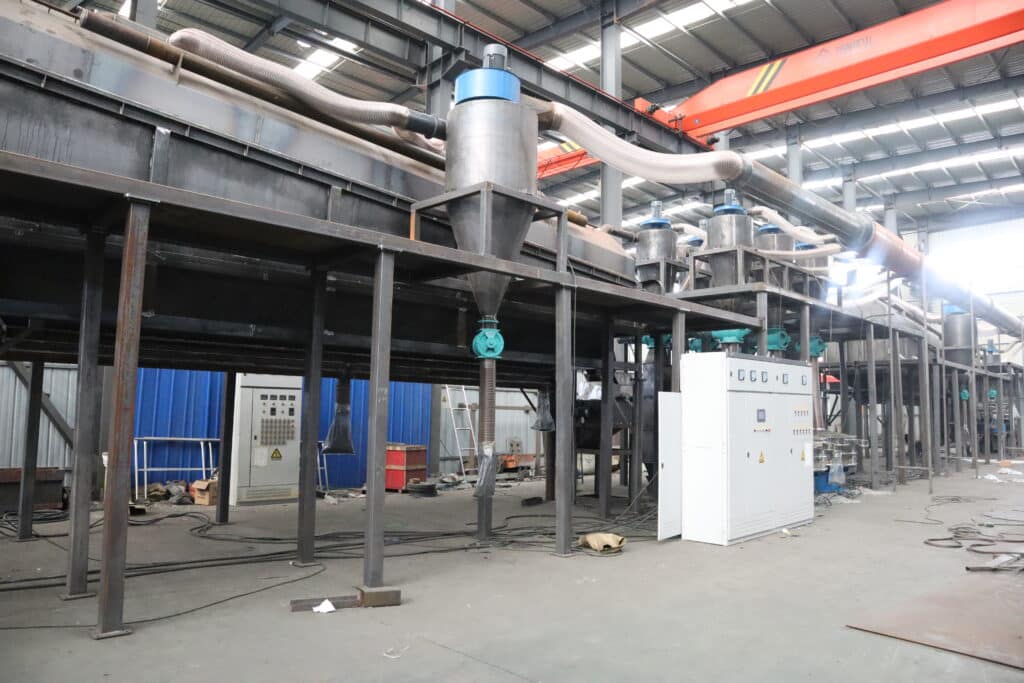
Discharge: waste lithium batteries are soaked in salt water to ensure that the subsequent crushing is not electrified and to stop them from burning and exploding.
Shredding + crushing: the discharged lithium batteries are sent to the shredder to be shredded into small pieces, and then crushed by the crusher for coarse crushing, crushing into about 1cm, separating the shell, positive and negative electrodes, and then entering into the screening section.
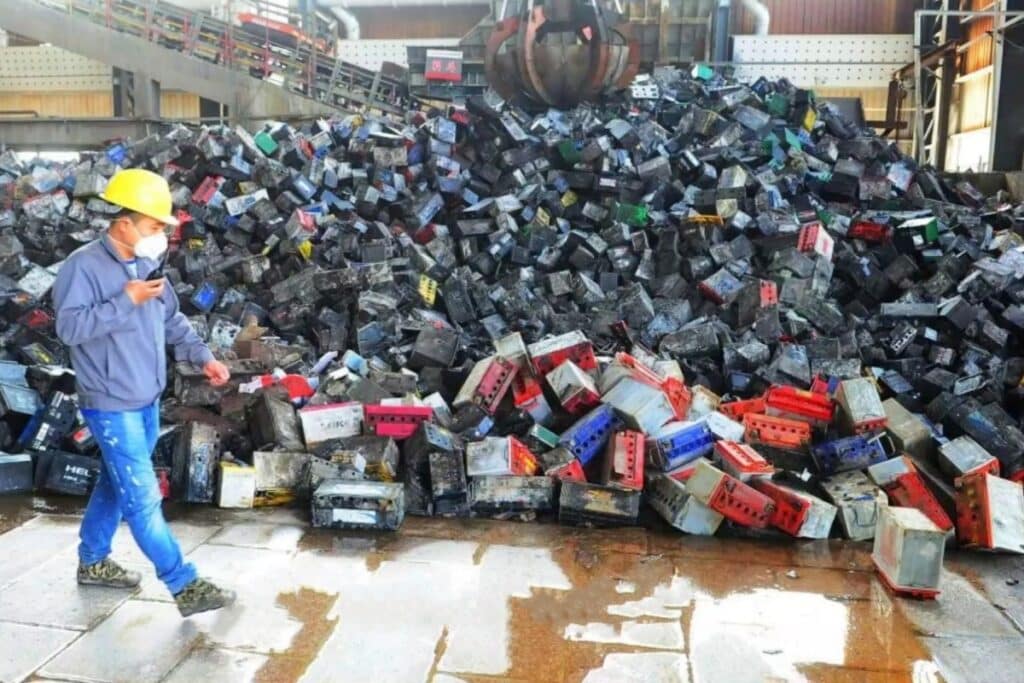
Screening: Tumbler screening, screening out black powder, some manufacturers on the market in this section of the configuration of the linear screen, the output is small, screening is not clean, Ecocycle Machinery configuration of the tumbler screen, screening rate can reach 70% -80%.
Sorting: The crushed lithium battery material enters the magnetic separator to screen out the iron through magnetic force; the rest of the material enters the screening equipment after crushing and grinding, such as rotary vibration sieve, specific gravity sorter, eddy current sorter, which effectively separates the copper, aluminium and black powder by using the difference in the size of the particles as well as the difference in the weight of the particles.

After the above process, the metal and black powder in the used lithium battery can be effectively recovered. The separated materials can be reused, which not only reduces environmental pollution, but also lowers the production cost of new batteries, forming a sustainable development.

